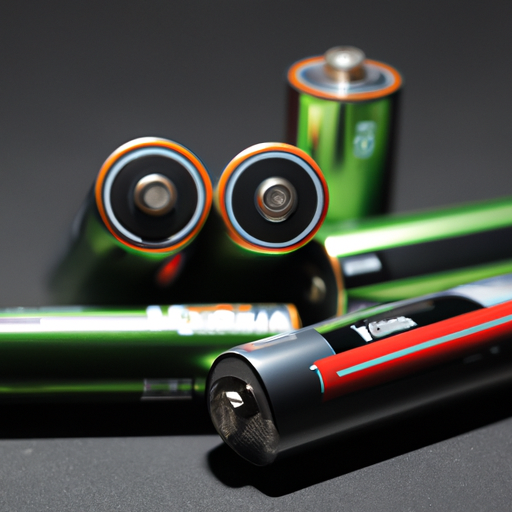In recent years, there has been a growing trend towards non-charging battery products, also known as disposable or single-use batteries. These batteries are designed to be used once and then disposed of, rather than being recharged like traditional rechargeable batteries. While rechargeable batteries have been popular for their cost-effectiveness and environmental benefits, non-charging batteries offer a number of advantages that make them a compelling choice for many consumers.

Another advantage of non-charging batteries is their long shelf life. Rechargeable batteries can lose their charge over time, even when not in use, which can be frustrating for consumers who rely on them for important devices like smoke alarms or remote controls. Non-charging batteries, on the other hand, have a much longer shelf life and can be stored for extended periods of time without losing their charge. This makes them a reliable choice for devices that are used infrequently or in emergency situations.
Non-charging batteries are also more cost-effective than rechargeable batteries in the short term. While rechargeable batteries may have a higher upfront cost, they can be recharged hundreds of times, making them a more economical choice over the long term. However, for consumers who only use batteries occasionally or for specific devices, non-charging batteries can be a more cost-effective option. Additionally, non-charging batteries are often sold in multi-packs, which can further reduce their cost per battery.
One of the most compelling advantages of non-charging batteries is their environmental impact. Rechargeable batteries contain toxic chemicals like lead and cadmium, which can be harmful to the environment if not disposed of properly. While rechargeable batteries can be recycled, many consumers do not take the time to do so, leading to environmental pollution. Non-charging batteries, on the other hand, are typically made from less harmful materials and can be safely disposed of in regular household waste. This makes them a more environmentally friendly choice for consumers who are concerned about their carbon footprint.
In addition to their environmental benefits, non-charging batteries are also more convenient for consumers who do not have access to recycling facilities or who do not want to deal with the hassle of recycling rechargeable batteries. By using non-charging batteries, consumers can simply dispose of them in the trash without worrying about the environmental impact. This can be especially important for consumers in rural areas or developing countries where recycling facilities may be limited or non-existent.
Overall, non-charging batteries offer a number of advantages that make them a compelling choice for many consumers. From their convenience and long shelf life to their cost-effectiveness and environmental impact, non-charging batteries provide a reliable and practical power source for a wide range of devices. While rechargeable batteries may still be the preferred choice for some consumers, non-charging batteries offer a viable alternative that should not be overlooked.





